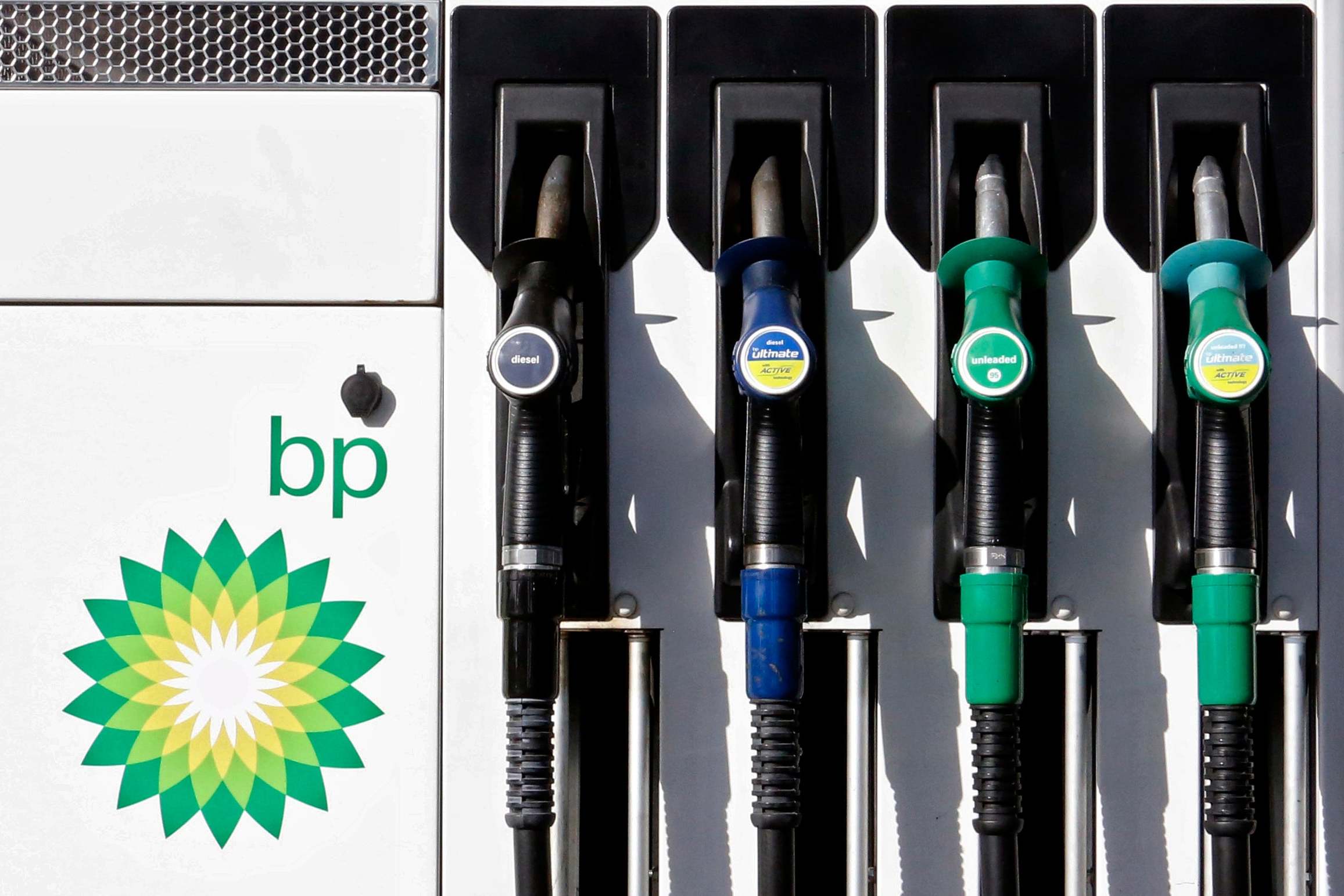BP’s climate crisis pledge lays down a marker for others to follow
Commitments to slash oil production and boost investment in renewables are welcome – but there is still a long way to go, writes Ben Chapman


A series of remarkable events occurred on Tuesday. First, BP set out plans to cut oil production by 40 per cent within a decade. The commitment is leagues ahead of the mostly vague and longer-term ambitions put forward by most of its rivals, laying down a marker for other fossil fuel producers.
BP also pledged to cut carbon emissions from its own operations (rather than the fossil fuels it produces and others burn) by 30 to 35 per cent by 2030. There will be no exploration in new countries and BP will partner with up to 15 cities and three “core industries” to help them decarbonise.
BP will also increase its capital spending on low-carbon energy tenfold to £5bn by the end of the decade.
Shortly after the announcement, the oil major received praise from Greenpeace for its plans. That’s the same Greenpeace that was fined £80,000 by a judge last month for trying to stop BP drilling for more oil in the North Sea.
“BP has woken up to the immediate need to cut carbon emissions this decade,“ said Mel Evans, a senior climate campaigner for Greenpeace UK.
“Slashing oil and gas production and investing in renewable energy is what Shell and the rest of the oil industry needs to do for the world to stand a chance of meeting our global climate targets.”
There is more to do, Greenpeace said, “but this is a necessary and encouraging start”.
Dutch campaign group Follow This, which hold shares in large oil companies to apply pressure on them on climate issues, was next to publicly support BP’s announcement.
“BP is the first oil major that walks the walk instead of just offering ambitions for 2050, like its peers,” said Mark van Baal of Follow This.
BP, which has often been seen as lagging its rivals in facing up to the climate crisis, has moved the goalposts.
Its commitments are tangible, they include targets which are to be delivered in the relatively near-term, and performance against them can be easily measured.
Chief executive Bernard Looney said when he took on the top job earlier this year that he planned to “reinvent” the 111-year-old company.
There is still some way to go to achieve that aim and sceptics will point to previous false dawns, notably BP’s claim 20 years ago to be heading “Beyond Petroleum”.
So far, BP’s investments in renewable energy have been modest compared to those in fossil fuels.
In 2017 BP spent $200m (£155.8m) on a stake in Lightsource, one of Europe’s largest solar power companies. In 2018 it bought UK firm Chargemaster for $160m (£124.7m) , which provides charging points for electric vehicles.
Those figures are dwarfed by the £10.5bn BP spent in 2018 buying BHP Billiton’s shale assets – a particularly environmentally damaging form of oil and gas production.
Encouragingly for BP, the commitment to more ambitious and rapid decarbonisation appeared to be well received by markets as well as environmental campaigners.
Despite cutting its dividend in half and announcing a $6.7bn (£5.2bn) underlying loss for the quarter, BP’s share price rose 3.4 per cent on Tuesday.
Maybe, just maybe, such numbers will encourage Shell, Exxon, Chevron and others to take note.
Join our commenting forum
Join thought-provoking conversations, follow other Independent readers and see their replies
Comments